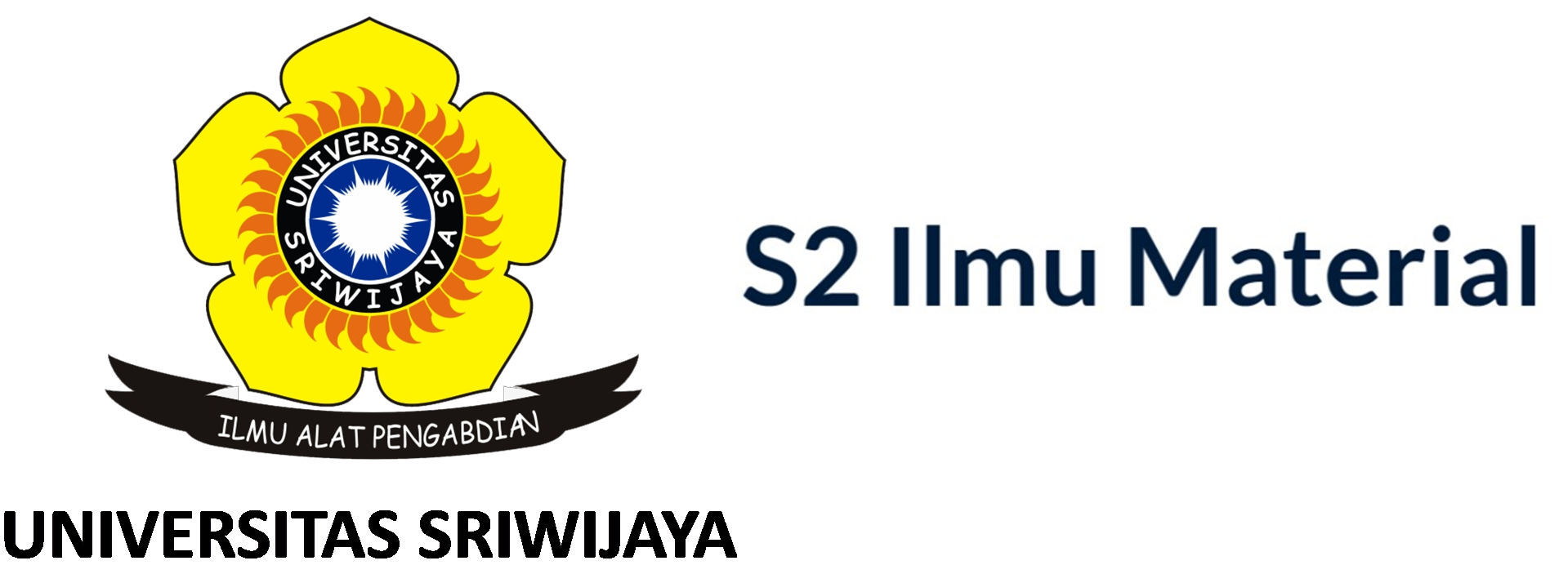Research Groups at the Master Program in Materials Science
The Master’s Program in Materials Science at Universitas Sriwijaya is committed to fostering a strong academic and research environment that supports scientific innovation and interdisciplinary collaboration. As part of this commitment, the program hosts several research groups that focus on specialized areas within the field of materials science.
These research groups serve as dynamic platforms for faculty members, graduate students, and collaborators to explore current challenges and future opportunities in materials development. Each group is oriented toward a specific theme—ranging from inorganic materials, polymers, and composites to energy materials, nanomaterials, and environmental applications.
Through structured research activities, these groups aim to:
- Advance knowledge in fundamental and applied materials science.
- Generate high-quality research publications and innovations.
- Support the development of graduate student competencies in research methodology, critical thinking, and scientific communication.
- Establish meaningful partnerships with academic institutions, industries, and government agencies at national and international levels.
Participation in a research group allows students not only to deepen their understanding in a particular domain, but also to gain practical experience in laboratory work, research proposal writing, data analysis, and academic dissemination. These experiences are crucial in preparing students for further study, careers in research and development (R&D), and roles in academia or industry.
The presence of active research groups also reflects the program’s ongoing efforts to contribute to solving real-world problems through materials science. It strengthens our vision to become a center of excellence in advanced materials research, innovation, and education.
We welcome students, researchers, and potential collaborators to learn more about our research groups and to engage in productive scientific exchange that advances both knowledge and societal impact.
